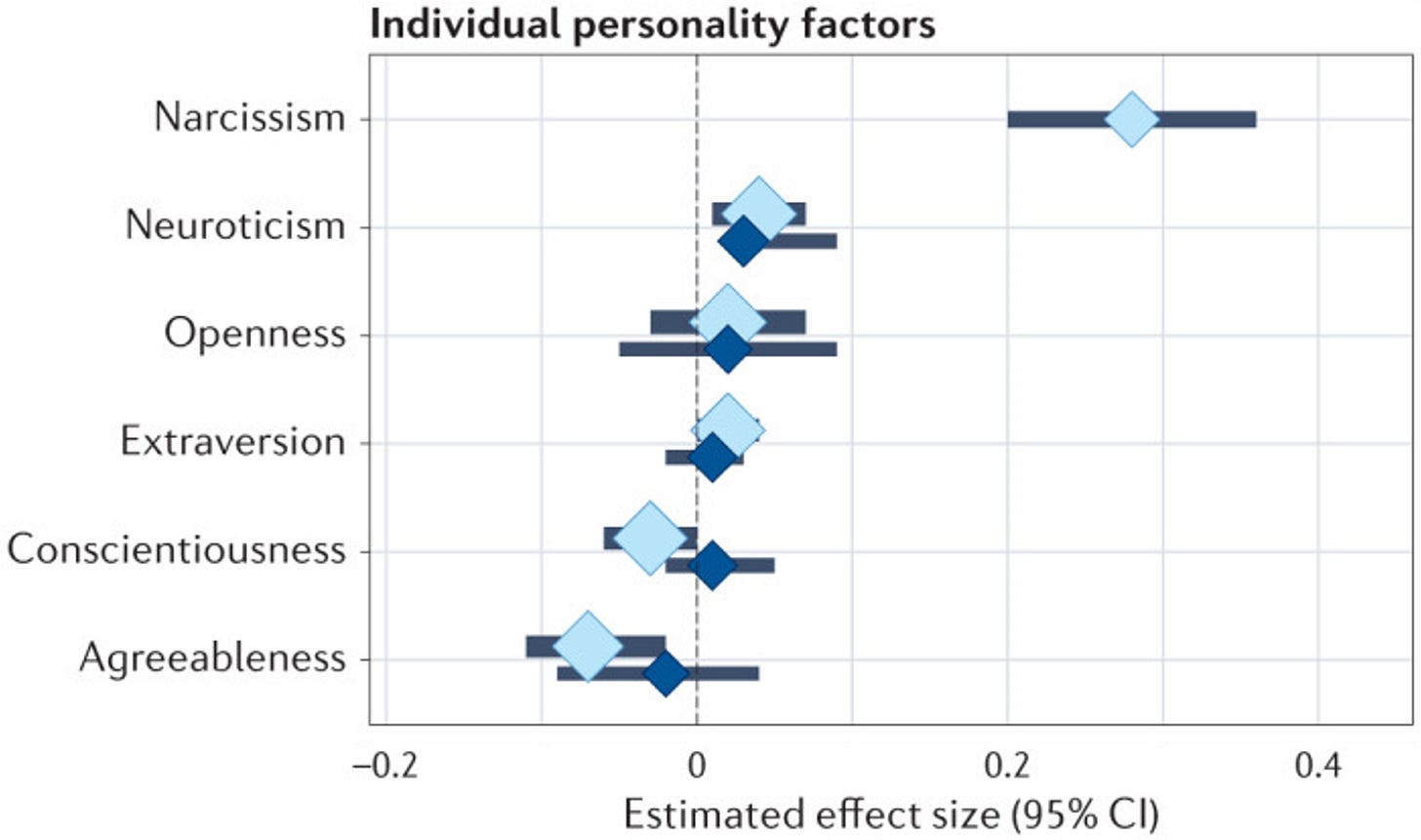12 Things Everyone Should Know About Conspiracy Theories
The strange psychology of suspicious minds
In Case You Missed It…
This is the latest post in my “12 Things Everyone Should Know” series. You can access the full collection here.
From JFK and 9/11 to Big Pharma and stolen elections, conspiracy theories loom large in modern life. We like to imagine they’re the obsessions of a handful of fringe extremists - but unfortunately, that’s wishful thinking. Although any specific conspiracy theory is rare, a large fraction of people believe at least one. And conspiracy thinking is not unique to any country, culture, or time. It’s a fellow traveler of human beings everywhere and always.
The scientific study of conspiracy theories - and of the psychology behind them - is surprisingly new. It’s also surprisingly tricky. Just for starters, not everyone agrees on what counts as a conspiracy theory. Is the lab-leak hypothesis one? What about the patriarchy? It’s easy to see how the political preferences of researchers could shape their answers to questions like these.
Yet despite the challenges, psychologists have made real progress in mapping the conspiratorial mind. In this installment of the “12 Things Everyone Should Know” series, we’ll look at some of their most important discoveries. Among other things, we’ll ask: Why do some people tumble down rabbit holes while others just shrug and move on? Are conspiracy theories becoming more common, or does it just feel that way? And perhaps most importantly, are there any reliable ways to weaken the grip of a conspiracy mindset?
1. Personality Traits Predict Conspiracy Thinking
Some personalities are more fertile soil for conspiracy theories than others. Research on the Big Five personality traits, for instance, shows that low agreeableness and high neuroticism tilt the odds toward conspiratorial thinking. Other personality predictors include entitlement, low inquisitiveness, low humility, and a victimhood mentality.
But the single strongest personality predictor is narcissism. Narcissists are particularly prone to conspiracy theories because they have a strong need for uniqueness, are prone to paranoia, and can also be remarkably gullible.

2. Conspiracy Theories Are Found on Both Sides of the Political Aisle
There’s a popular idea that conspiracy thinking is mainly a disease of the political right - but the data refuse to play ball. A massive study surveying nearly 40,000 people from 20 countries found that liberals and conservatives are equally prone to conspiracy theories, but just prefer different ones.



